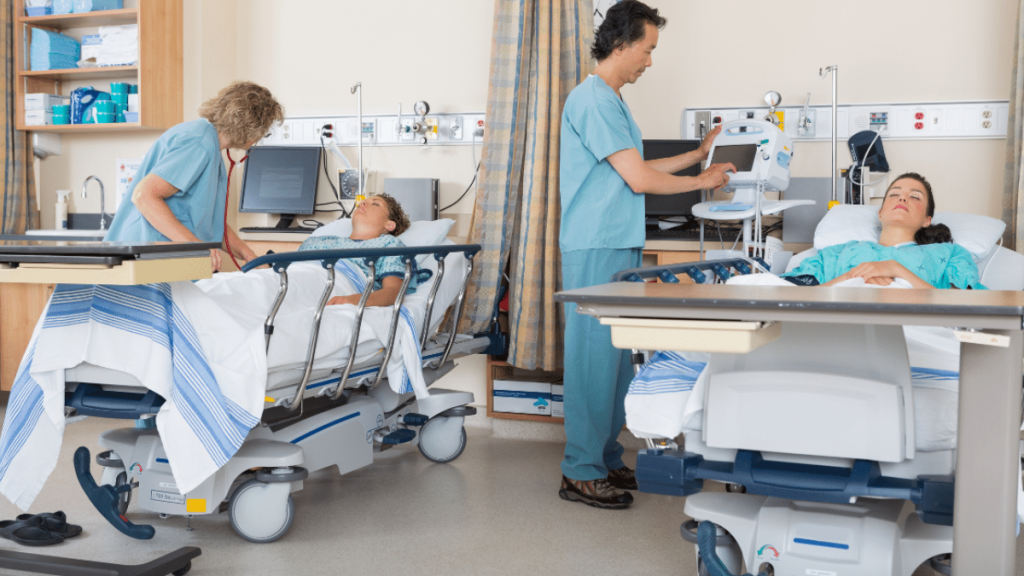Hospitals are constantly filled with movements. Patients come in and leave, move from ward to ward, and might even be visited by other individuals during their stay. This is just one reason why hospitals need to be incredibly efficient, as providing sufficient patient care is a key factor of a running a successful hospital.
However, the efficiency of a hospital ward might come down to those who work there. Nurses are vital to the day-to-day running of the wards, and they are often in charge of numerous aspects. As such, they might be in charge of maintaining the ward’s efficiency.
To learn how to run a more efficient hospital ward, read the three methods listed below.
Keep the Ward Organized
Having a neat and tidy hospital ward is essential to ensure all staff are effective in their tasks, particularly towards patient care. Nurses need to focus on providing effective care, and a well-organized ward can help with this by reducing the number of errors made and supporting collaboration. There are numerous ways to do this, though, and the methods used might differ from hospital to hospital or ward to ward.
The ward’s equipment, space, and supplies need to be easy to locate and use when needed. To ensure this is possible, using the right storage solutions is crucial. InnerSpace Healthcare offers a range of storage equipment, such as mobile carts, to guarantee smooth organization and mobility. Mobile medical carts are great options to consider as they can be moved around the ward and tailored to the needs of the hospital ward.
Knowing where all equipment and medications are will make sure treatments and duties are completed in a timely manner. Areas should be designated for certain items to ensure all staff members know where to go when they require a particular medication, piece of equipment, and so on.
Establish Clear Communication Channels
Hospitals require a lot of collaboration to run smoothly, and communication is a very large part of this. Communication is necessary to guarantee safe patient care and facilitate effective teamwork, both of which are essential to the hospital’s efficiency. If the hospital ward does not have clear communication, there could be delays in treatment, medical errors, and misunderstandings.
To improve and maintain communication in the hospital ward, the right tools should be used. Digital tools, like secure messaging apps designed for healthcare professionals, should be utilized to streamline communication and share real-time data. It is also encouraged to use Situation, Background, Assessment, Recommendation (SBAR). This structured communication tool is often used in the healthcare industry, particularly in critical situations.
The ward’s communication will depend on the accuracy of information in the electronic health records (EHRs). All nurses and staff should make sure data is entered correctly and quickly.
Prioritize Time Management
As the efficiency of the ward will depend on the staff working there, it is vital to reduce burnout and stress. Maintaining a healthy work-life balance can improve the way staff members work, increasing their productivity, and even bettering their job satisfaction. Healthcare professionals work in a very demanding industry, so caring for staff wellbeing is crucial.
However, time management should also be used to prioritize critical tasks and reduce wait times. This means nurses and doctors should identify and focus on the most urgent cases, while managing tasks and workflows to ensure all patients are cared for when needed.
To conclude, nurses are crucial in the hospital ward. They do so much for patients, but there are always ways to improve. As the hospital needs to be efficient, nurses and other staff members can use the tips outlined in this post to better their hospital wards.

